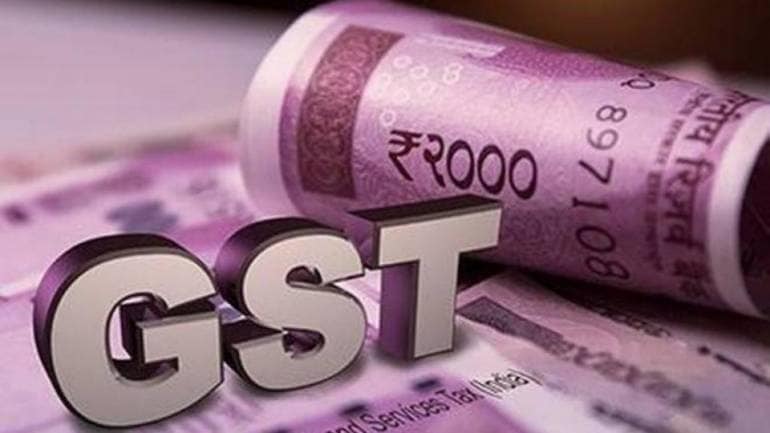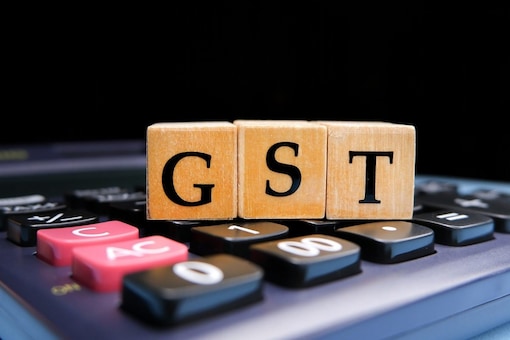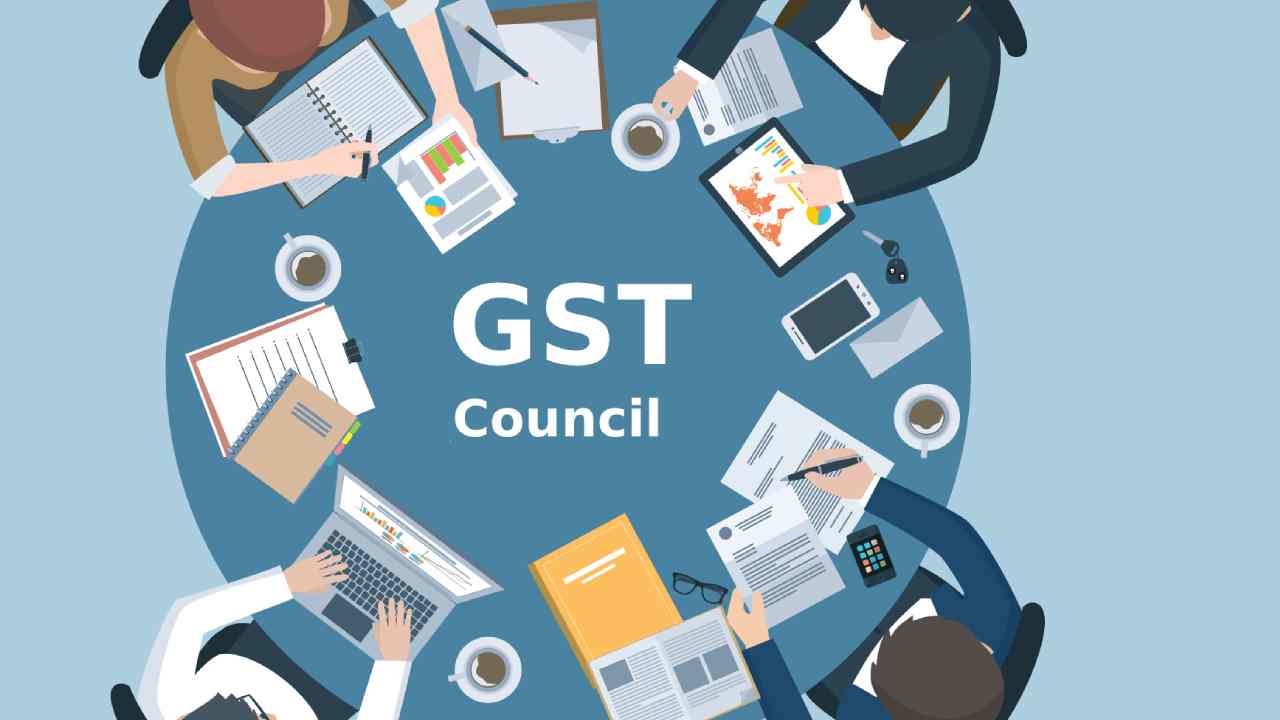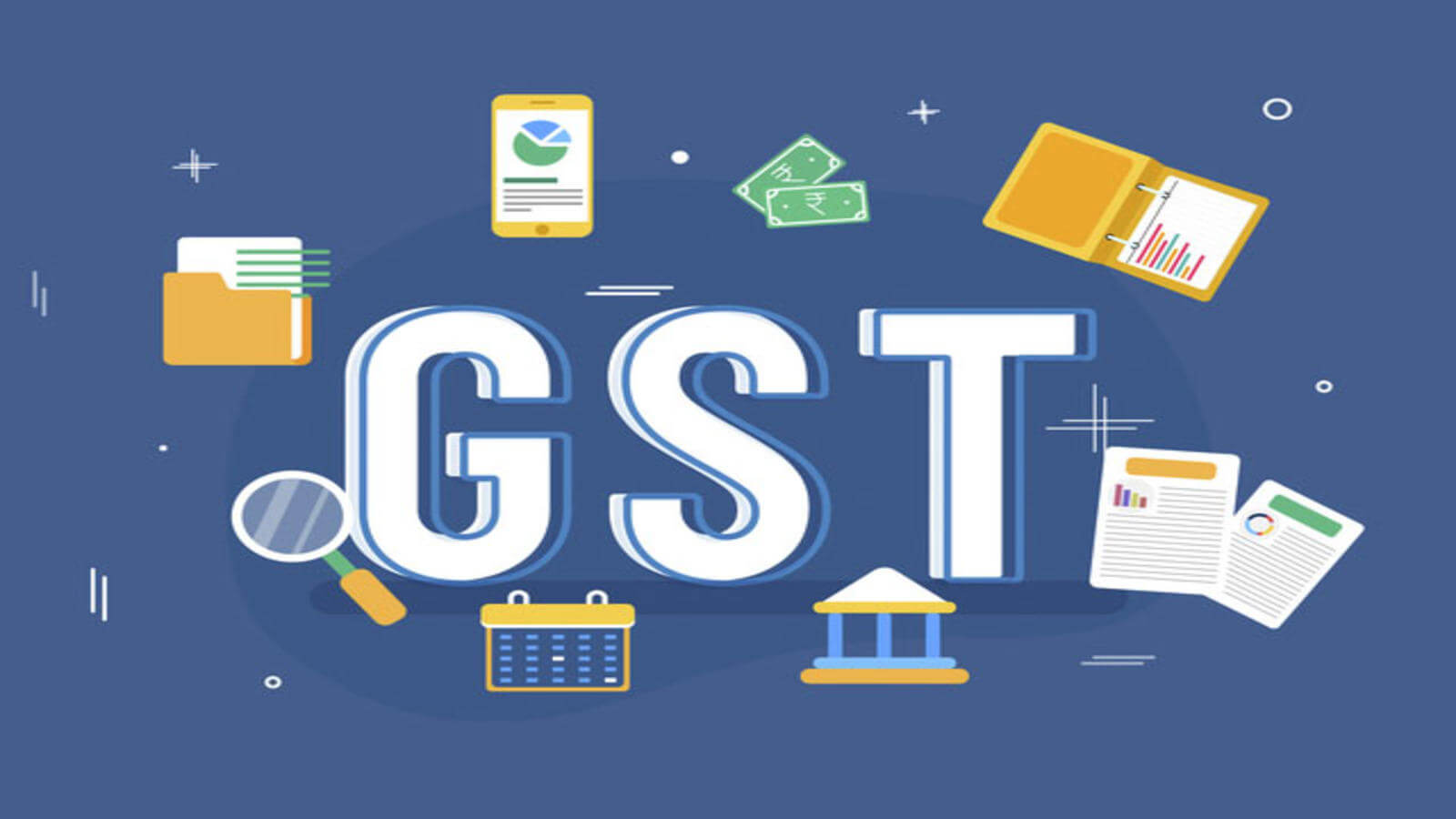GST being a relatively new law which has been exposed to frequent changes and amendments specially in the field of reverse charge which has witnessed several changes since introduction of GST.
Thus it is quite possible that reverse charge liability of any of the earlier years would not have been paid by a tax payers. Now in this regard twin questions that would blink in the mind of the such tax payers / professionals, first being how such tax will be paid and secondly whether such tax payer can avail input tax credit thereon. Lets try to delve on both the above issues:
1.0 How to pay GST under reverse charge of earlier years now:
1.1 Payment of GST under RCM pertaining to FY 2018-19:
In case the reverse charge liability pertains to FY 2018-19 the tax payer has got two options now to pay the due GST thereon, which are as under:
Option No.1 – Show reverse charge liability in column no. 4(G) of annual return GSTR-9 of 2018-19 whose due date is 30.09.2020 and pay such liability through DRC-03 with interest.
Option No.2 – Pay the reverse charge liability in the current months GSTR-3B along with interest. Then such RCM liability will be declared in the Annual Return GSTR-9 of the year in which payment of tax has been made.
Accordingly, if reverse charge liability pertains to FY 2018-19 is being paid now in FY 2020-21 then such RCM liability shall be declared firstly in GSTR-3B of month of FY 2020-21 in which payment is made and then such amount will also be reflected in the Annual Return for FY 2020-21.
1.1-a CBIC Clarification:
Clarification in regard to payment of earlier years RCM liability has been given in para (g) of the press release dated 03-07-2019 issued by the CBIC, which is reproduced as under: –
Reverse charge in respect of Financial Year 2017-18 paid during Financial Year 2018-19: Many taxpayers have requested for clarification on the appropriate column or table in which tax which was to be paid on reverse charge basis for the FY 2017-18 but was paid during FY 2018-19. It may be noted that since the payment was made during FY 2018-19, the input tax credit on such payment of tax would have been availed in FY 2018-19 only. Therefore, such details will not be declared in the annual return for the FY 2017-18 and will be declared in the annual return for FY 2018-19. If there are any variations in the calculation of turnover on account of this adjustment, the same may be reported with reasons in the reconciliation statement (FORM GSTR-9C).
1.2 Payment of GST under RCM pertaining to FY 2017-18 or 2019-20:
In case the reverse charge liability pertains to FY 2017-18 or 2019-20 the tax payer can now pay the reverse charge liability in the current months GSTR-3B along with interest. Then such RCM liability will be declared in the Annual Return GSTR-9 of the year in which payment of tax has been made. Discussion in this regard along with CBIC clarification has already been discussed above.
2.0 Can Input Tax Credit be availed on the RCM payment of earlier years now:
Before proceeding ahead it should be clear to us that payment of reverse charge liability and availing of input tax credit thereof are subject to different provisions under the GST Law. It is not necessary if the person pays reverse charge liability, he is automatically eligible for availing input tax credit as in order to avail input tax credit he need to fulfill a different set of conditions. Let us discuss the ITC eligibility in following two situations:
2.1 Where RCM payment for FY 2018-19 is being through Annual return now through DRC-03
In our view there is no provision under GST law for allowing availing of input tax credit on payment of reverse charge liability through DRC-03. Therefore, input tax credit cannot be availed in respect of reverse charge liability for 2018-19 which was not earlier paid, and paid now through DRC-03 with interest.
2.2 Where RCM payment for earlier years is made through GSTR-3B of current year
In order to deliberate on the above issue it is essential that we refer to some of the key provisions of CGST Act,2017 and CGST Rules, 2017, in this regard:
1. Section 2(62) of the CGST Act,2017 includes “the tax payable under the provisions of sub sections (3) and (4) of section 9 i.e. reverse charge liability” in the definition of “Input Tax”. Due to this inclusion the tax payers are eligible to avail ITC on payment of GST made under RCM.
2. Rule 36(1) of the CGST Rules, 2017 mandates that “The input tax credit shall be availed by a registered person, including the Input Service Distributor, on the basis of any of the following documents, namely, —
(a) an invoice issued by the supplier of goods or services or both in accordance with provisions of Section 31.
(b) an invoice issued in accordance with the provisions of clause (f) of sub-section (3) of section 31, subject to the payment of tax;
3. Section 31(3)(f) of the CGST Act,2017 prescribes that “a registered person who is liable to pay tax under sub-section (3) or sub-section (4) of section 9 shall issue an invoice in respect of goods or services or both received by him from the supplier who is not registered on the date of receipt of goods or services or both.”
From above provisions it is evident that tax payers are eligible to avail ITC of GST paid under RCM provided a self invoice as prescribed under Section 31(3)(f) of the CGST Act,2017 has been issued on the date of receipt of goods or services or both.
However it is important to note that such self invoice is required to be issued only where supplies subject to RCM are obtained from unregistered suppliers. In case RCM supplies are received from registered person, ITC can be availed on the basis of invoice issued by registered supplier and payment of tax under RCM.
Further availing of ITC is subject to other provisions mandated under Section 16 and 17 of the CGST Act,2017.
2.3 Illustrations:
Lets understand the ITC eligibility with help of following Illustrations:
Illustration 1:
X Ltd availed legal services of an advocate in January,2019 and paid advocate fee Rs. 1 lakh in the month of February,2019. These legal expenses were accounted for in the books of account of FY 2018-19. But due to oversight RCM liability of Rs.18000 was not accounted for in FY 2018-19. GST payment under RCM was also not made in FY 2018-19.
Suppose X Ltd now in September,2020, while filing GSTR-3B for August,2020 has deposited the GST under RCM of Rs 18,000/- on above legal expenses along with interest. Self invoice was also issued in August,2020. Now question before us is whether ITC of above GST paid can be availed now in FY 2020-21.
As in this case the supplier is unregistered , twin conditions must be fulfilled to avail input tax credit towards tax paid for discharging the reverse charge liability. First condition being that invoice be issued in accordance with provisions of section 31(3)(f) and second one being that tax has been paid.
As self invoice has not been issued on date of receipt of legal service viz January,2019 and is issued in August,2020 , in our view the condition prescribed in Rule 36(1)(b) of the CGST Rules, 2017 is not met and thus ITC cannot be availed.
It is further stated that even if the tax payers shows that he has issued self invoice in January,2019 then also ITC cannot be availed as such ITC will be time barred under Section 16(4) of the CGST Act, 2017 which mandates that ITC cannot be availed in respect of invoices after the due date of furnishing GSTR-3B for September following the end of FY to which such invoice pertains or furnishing of the relevant annual return, whichever is earlier.
As in this case, if self invoice is issued in January, 2019, ITC thereon could have been availed till the filing of GSTR-3B of September, 2019 filed in October,2019 and not now.
Illustration 2:
X Ltd availed legal services of an advocate in January,2020 and paid advocate fee Rs. 2 lakh in the month of February,2020. These legal expenses were accounted for in the books of account of FY 2019-20. But due to oversight RCM liability of Rs.36,000 was not accounted for in FY 2019-20. GST payment under RCM was also not made in FY 2019-20.
Suppose X Ltd now in September,2020, while filing GSTR-3B for August,2020 has deposited the GST under RCM of Rs 36,000/- on above legal expenses along with interest. Now question before us is whether ITC of above GST paid can be availed now in FY 2020-21.
In this case X Ltd can show issuance of self invoice in January, 2020 and can avail ITC in GSTR-3B for the month of September, 2020. If the tax payers misses this bus, ITC will lapse and same will become time barred as per Section 16(4).
It may be noted here that the above discussion will also hold true where the RCM supply is received from registered supplier, except that in such case no self invoice is required to be issued as the invoice issued the registered supplier will itself be a valid document for availing of ITC as per Rule 36(1)(a) of the CGST Rules,2017. The the date of invoice in such a case will the taken of the invoice issued by the registered supplier.
We hope that above article would have been able to evaporate some of your doubts. Please give your valuable comments below.
***
[rainbow]Don’t miss the next GST Update / Article / Judicial pronouncement[/rainbow]
Subscribe to our newsletter from FREE to stay updated on GST Law
Resolve your GST queries from national level experts on GST free of cost.
Frah Saeed is a law graduate specializing in the core field of indirect taxes and is the Co-founder of taxwallah.com. She has authored many publications on GST and is into full-time consultancy on GST to big corporates. She as a part of taxwallah.com heads a team comprising of Chartered Accountants and Advocates and plays a key role in our mission to disseminate GST knowledge to all.





Dear Sir, excellant analysis which provides an insight into RCM and availing og input tax credit.
Thankyou Sir, for clarifying such a tough issue.